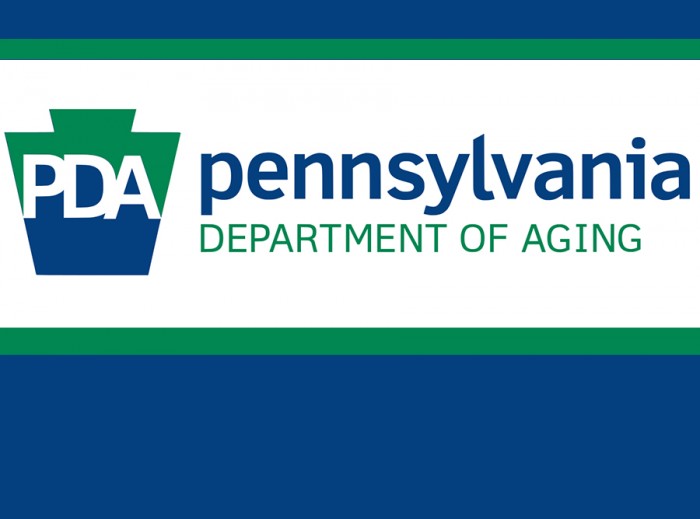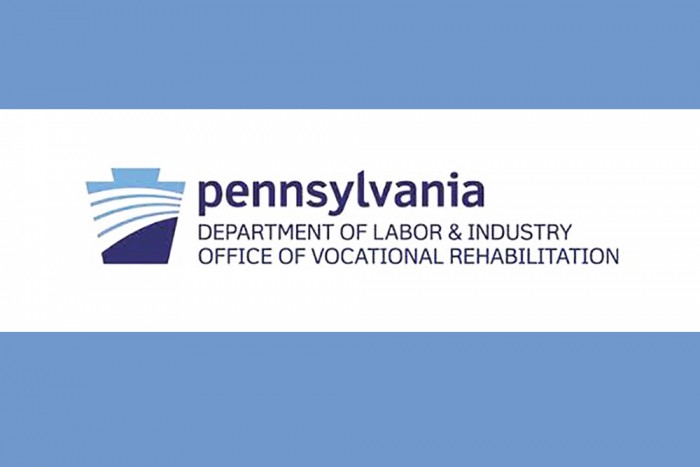Due to the PA Office of Vocational Rehabilitation (OVR) Order of Selection (OOS) operations memorandum, effective April 1, 2025, the Office of Long-Term Living (OLTL) is providing guidance to the following entities regarding the referral of participants to OVR:
-
- Managed Care Organizations (MCO);
- Service Coordinators (SC);
- Service Coordination Entities (SCE); and
- Service Providers.
OVR recognizes three (3) disability categories:
-
- Non-Significant Disability (NSD);
- Significant Disability (SD); and
- Most Significant Disability (MSD).
The April 1, 2025, OOS is a wait-listing of customers who fall within the NSD and SD categories. Customers who are determined by OVR to fall within the MSD category will continue to receive OVR-funded services. Due to this being a partial OOS closure, OLTL participants who are requesting employment services/supports must continue to be referred to OVR for determination of eligibility.
Page three of the OLTL Employment and Employment Related Services Bulletin indicates that during a full OOS closure, “a participant who has not been referred to OVR may receive OLTL Home and Community-Based Services (HCBS) employment services without a referral to OVR.”
Due to the current OOS being a partial closure and not a full closure, participants still need to be referred to OVR for evaluation of eligibility for services. As detailed in the 1915 (c) waiver and page two of the Employment Services Bulletin, participants do not need to be referred to OVR for Benefits Counseling Services.
MCOs and SCs should continue to monitor cases referred to OVR as detailed on page three of the Employment Services Bulletin, which states, “Prior to adding one of the OLTL HCBS employment services to a participant’s Person-Centered Services Plan (PCSP), the SC must determine the status of the participant’s case with OVR.” Additionally, SCs should continue to follow the guidance on page two of the Employment Services Bulletin, which states, “If OVR has not made an eligibility determination within 120 days of a referral being sent, then OVR services are considered to not be available to the participant, and OLTL employment services may be provided under an OLTL HCBS program.”
Please refer any questions to Randall Loss electronically.

















